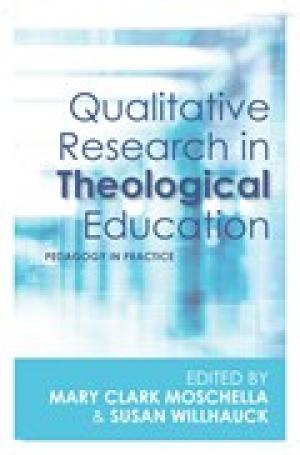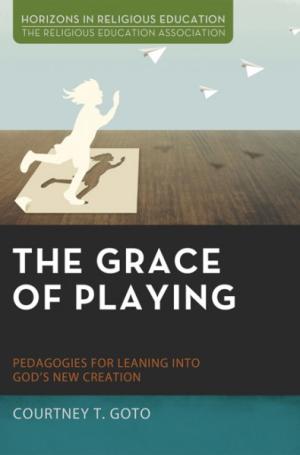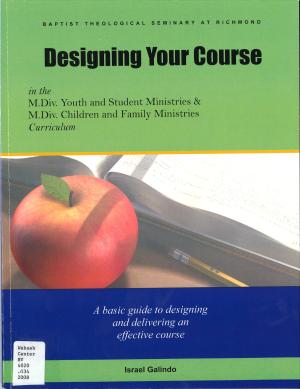Resources

Click Here for Book Review Qualitative Research in Theological Education brings together a diverse group of scholars to consider the theological values arising from and contributing to their use of qualitative research in scholarship and teaching. The book offers a careful consideration of the pedagogical and administrative challenges involved in teaching qualitative research and its various sub-disciplines such as ethnography. As a whole, the book argues that the teaching of QR methods is critical to the theological, ethical, spiritual, and/or pastoral formation of ministers and theological scholars. (From the Publisher)

Click Here for Book Review Abstract: Believers and teachers of faith regularly know the in-breaking of God's Spirit in their midst, when revelatory experiencing unexpectedly shifts habits of thinking, feeling, and doing toward more life-giving ways of being and becoming. When the moment is right, Spirit breathes new life into dry bones. Though religious educators have much practical wisdom about facilitating learning that is creative and transformative, sharper concepts, cases, and theory can help them do it more critically and assist learners to practice openness to wonder, surprise, and authenticity. The Grace of Playing explains how we can create the conditions for revelatory experiencing by understanding it in light of playing. The notion of playing "as if" can be powerfully reclaimed from ecclesial ambivalence, casual speech, and commercial interests that often lead playing to be associated with childishness, frivolity, or entertainment. This book theorizes adults playing for the sake of faith, drawing on D. W. Winnicott's psychoanalytic theory, a revision of Jurgen Moltmann's theology of play, biblical texts, medieval devotional practices, as well as art and aesthetics that help local faith communities engage in theological reflection. Communal forms of playing in/at God's new creation provide insights into pedagogies in which learners are creating and are created anew. (From the Publisher)

This guide will help you design your course in the Children and Family Ministry and the Youth and Student Ministry M.Div. concentrations at Baptist Theological Seminary at Richmond. Using two proven educational frameworks for course design you will be able to create a powerful course that will facilitate a meaningful learning experience for your students, and a rewarding teaching adventure for you. Using the frameworks of Understanding by Design (Wiggins and McTighe) and the learning principles of that classic educational theory of Constructivism you will be able to design a course that: Is student-centered Applies theory to practice Is experiental Leads toward self-understanding Is congregationally focused (From the Publisher)
One page Teaching Tactic: students work in groups to reflect on the learning goals of the course.
Postcolonial biblical scholars use the hermeneutics of decolonization to reinterpret the biblical text. One goal is to find contemporary applications for an age-old message. This article explores the challenges and implications of postcolonial hermeneutics for biblical pedagogy. First, the author explores fundamental hermeneutical principles of postcolonial biblical criticism. Then she reviews its challenges for a liberative biblical pedagogy. Finally, the author applies these principles to a Bible study using the story of Hagar.
This article examines sexuality, a null curriculum in Asian-American faith communities, and explores pedagogical strategies to move the sexuality discourse to the explicit curriculum. The article first describes the current discussion of sexuality in Asian-American communities, then it critically analyzes the Confucian notion of the body, which has far-reaching influence on Asian-American views about sexuality, including those of Christians. The article then focus on demystification of the body, arguing that demystification is fundamental to Asian-American discussions about sexuality. Finally, it suggests pedagogical strategies for the teaching of sexuality in Asian-American contexts.
Poetry is a bridge across diverse realities; it bridges the expressible and inexpressible, the present and the future. Poetry is also a powerful force in human life; it reveals, nourishes, binds, critiques, empowers, constructs, and confront. From such movement come visions for educational action, both actual and metaphoric. These include: dancing, meditating, singing, chanting, improvising, and drumming.
Christian educators make use of the various approaches to experiential learning in their classrooms, in their institutions as a whole, and in their field-based assignments for students. This article introduces the reader to the foundational issues of experiential learning, including definitions, theoretical roots, experiential learning models, and unique processes related to experiential learning.